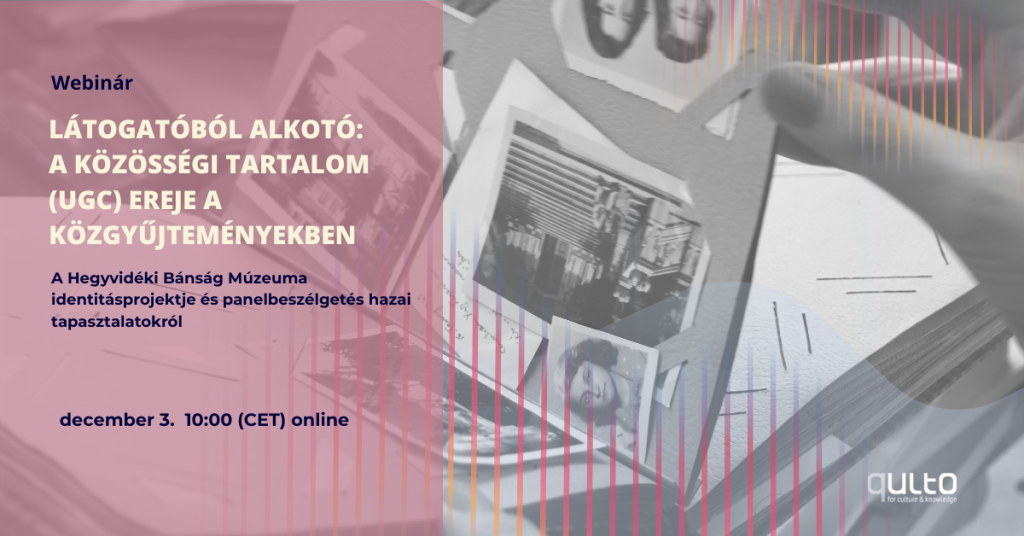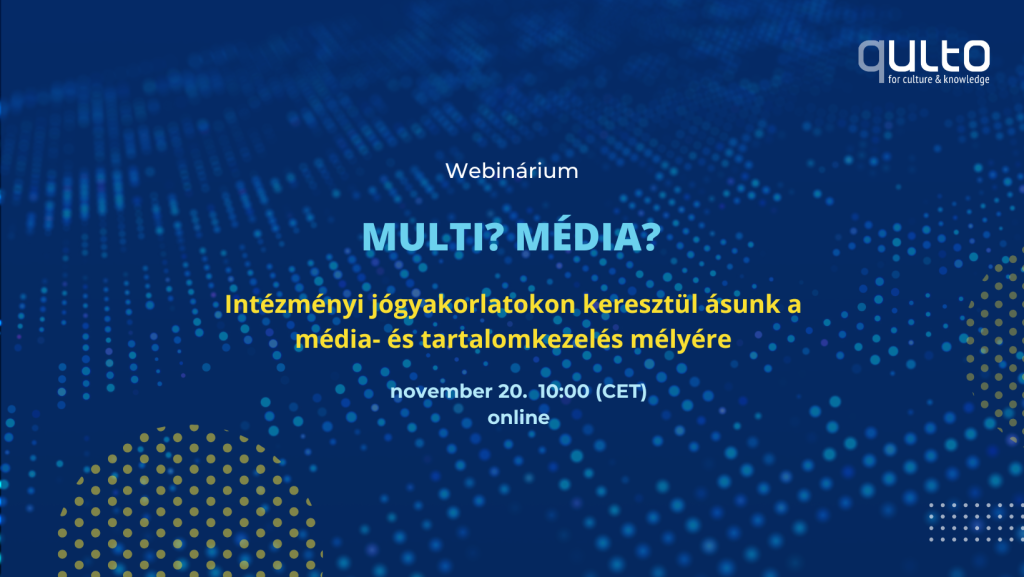Könyvtárként szívesen kapcsolódnál a LiteraTúra Kihíváshoz, de nehéz aktív olvasókra lelni? Az olvasásnépszerűsítés és közösségépítés jó irány, de még formálódik a gyakorlat? Mi is tudjuk már, hogy egy hírlevél-fecske nem csinál nyarat, a célközönség megszólításához ettől tudatosabbnak kell lenni.
💡 10 ötlet 💡 a toborzási módszerhez – ebben a cikkben olyan ötleteket gyűjtöttünk össze, amik segíthetnek kiegészíteni vagy színesebbé tenni az eddig használt technikát. Olvassátok, mérlegeljetek a következő pontokat, és amelyiket hasznosnak, vagy nálatok kivitelezhetőnek találjátok, építsétek be a toborzó és közösségépítő folyamataitokba!
1. Toborzási célú rendezvény 🎯
Hatékony elem lehet a toborzásban, ha az elérni kívánt célt szolgáló rendezvényt szervezünk. Egy ilyen esemény (szakmai rendezvény, kulturális program, versenyek, kurzusok) jobban megmozgatja az embereket és nagyobb kedvet csinál, mint egy egyszerű levél vagy poszt. Ráadásul ha nem csak néha 1-2 embert szeretnénk megtalálni, hanem egyszerre nagyobb volumenben gondolkozunk, hatékonyabb is, megéri a belefektetett energiát.
2. Toborzási cél meghatározása 👣
A módszeresség sokat segít. Ha előre meghatározzuk, mit szeretnénk elérni, könnyebben átlátjuk az odavezető szükséges lépéseket és lehetőségeket is. Írjunk tervet!
3. ATS élmény 📋
Az Applicant Tracking rendszert a HR világából kölcsönöztük ide – lényege, hogy igyekezzünk javítani a jelentkezési élményen, ahol lehet. Ami annyit jelent, hogy pl. próbáljunk meg a saját hirdetésünkre jelentkezni tesztelésből. Könnyítsük meg a jelentkezők dolgát, lehetőleg kevés kattintás, kevés erőfeszítés jellemezze a folyamatot. Ha látjuk, hol macerás, tudjuk, mit érdemes javítani.
4. Haladó szint 🖼️
Ma már nem ördögtől való, hogy a közgyűjtemények is insta és tiktok profilt nyitnak, hiszen ugye olyan platformra kell menni, ahol a megszólítandó célközönség is van. Sőt, ha belefér, fizetett facebook hirdetéssel is lehet próbálkozni. Fontos, hogy a szöveg helyett a vizualitáson van a hangsúly, sok-sok kép és videós tartalom kellhet. A másik fontos szempont, hogy nem a tökéletes, hanem az őszinte tartalom a trendi, gondoljuk át, milyen üzenetet közvetítenek a tartalmaink, mennyire könnyű kapcsolódni ahhoz.
5. Szövegek újrafogalmazása ✏️
Minden jól bevált módszert érdemes lehet újragondolni, hát még a régóta sablonként használt szövegeinket, poszt típusainkat! A lényeg, hogy az újrafogalmazással kiléphetünk az unalmas szövegek világából, vagy új stílusokat is kipróbálhatunk.
6. Tartalomközpontú inbound stratégia 📚
Ez pedig egy marketinges módszer újratöltve itt, érdemes marketinges kollégát is bevonni, vagy olyat, aki már látott olyat 🙂 . A stratégia lényege, hogy hosszútávú építkezésben gondolkodók a célközönségnek szánt szakmai cikkeket, videókat osztanak meg a közösségi és weboldalon, és a minőségi tartalmakkal feliratkozókat, követőket szereznek, mígnem eljön a toborzási mennyország. Idevágó ötletünk, hogy a Kihívásban hasznos lenne, ha a könyvtárosok újabb és újabb könyveket ajánlanának pl. a résztvevő olvasóknak, ezzel is segítve és aktívan tartva őket.
7. Személyes márkaépítés 🧱
Építsünk személyes márkát, hogy növeljük a jelentkezők bizalmát! – szól a jó tanács. És tényleg, ha a könyvtáros megszólítható emberként jelenik meg előttünk, betekinthetünk a munkájába, nagyobb a bizalom, jobban odafigyelünk az ajánlásaira – persze ehhez kell egy tudatos döntés a könyvtáros részéről.
8. Kollégák, mint influenszerek 🧑
A kollégák másként is segíthetik elérni a kitűzött célt, pl. ha ők is rendszeresen osztanak meg tartalmakat munkahelyi élményeikről, sikerekről, érdekességekről a saját közösségi köreikben. Ehhez azonban – megkönnyítendő ezt – érdemes előre készülni olyan tartalmakkal, képi anyagokkal, amelyek egyszerűvé teszik a megosztásokat.
9. Nagyágyú bevetése 💥
A kollégák mellett pedig bevethetünk nagyágyúkat is. Ismert és kedvelt írók, helyi népszerű közszereplők gyakran szívesen állnak egy jó cél mellé, jó reklámértéke lehet, ha ők beszélnek egy videós posztban egy ajánlott programról, vagy kezdeményezésről.
10. Mobilra optimalizálás 📱
Végül, de nem utolsó sorban muszáj megemlíteni, hogy ma már a legfiatalabbak, a fiatalok és kevésbé fiatalok is elsősorban mobil eszközökön fogyasztják a mindenféle tartalmat. Már pár éve is a teljes webes forgalom 70%-a mobileszközön zajlott. Bármilyen tartalommal is toborzunk, mindig ellenőrizzük, hogy jól néz-e ki, mikor megnyitják mobilon.
Ez a lista a teljesség igénye nélkül készült, de bízunk benne, hogy találtok benne olyan tippeket, amelyeket érdemes bevezetni a toborzási stratégiátokba.
















































